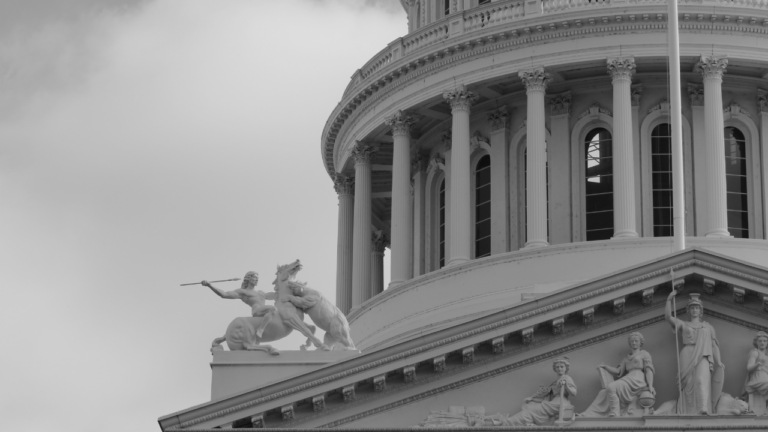God’s Cement for Marriage
The King James translates Genesis 2:24, “Therefore shall a man leave his father and mother, and shall cleave unto his wife: and they shall be one flesh.” Other translations render the word “cleave” as “be joined to” (NKJV), “hold fast” (ESV), “cling” (NRSV), “bond with” (HCSB), and “unites” (NET). Cleave carries with it the idea…










